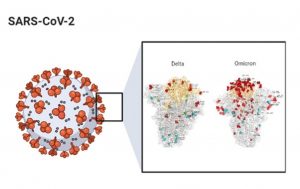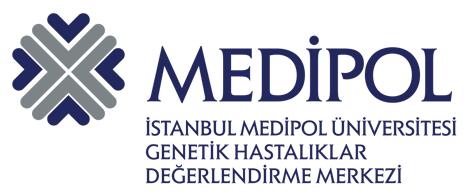COVID19 (SARS-COV-2) Omicron
What do we know about the COVID19 (SARS -COV-2) OMICRON variant?
Omicron (B.1.1.529 ), a novel variant of severe acute respiratory syndrome coronavirus 2 (SARS -CoV-2), was identified in Botswana and South Africa in November 2021 and was classified as a Variant of Concern (VOC) by the World Health Organization (WHO). Since the World Health Organization reported the variant on November 24, health authorities have detected it in many countries on at least five continents.
In addition to other vital proteins such as NSP12 and NSP14, Omicron harbors at least 32 mutations in the spike protein alone and numerous mutations previously reported as “variant of concern” compared to the 16 mutations in the currently present highly contagious delta variant. A higher number of mutations in the Omicron variant may mean that the variant may be more infectious or better at avoiding immune protection. In addition to the information that Omicron may be more contagious than other variants, it was reported in the first publications in November 2021 that it may be partially resistant to existing vaccines (PMID: 34845008). In December 2021, it was reported that despite strict measures in a quarantined hotel in Hong Kong, transmission among fully vaccinated individuals, clinical findings were not observed in these individuals (PMID: 34860154). As of the first week of December 2021, no deaths due to Omicron variant infection have been reported.

The contagiousness and severity of Omicron and its potential to evade vaccines and cause re-infections are not yet clear compared to other variants, including Delta. There is currently no clear information to suggest that the symptoms associated with Omicron differ from other variants.

